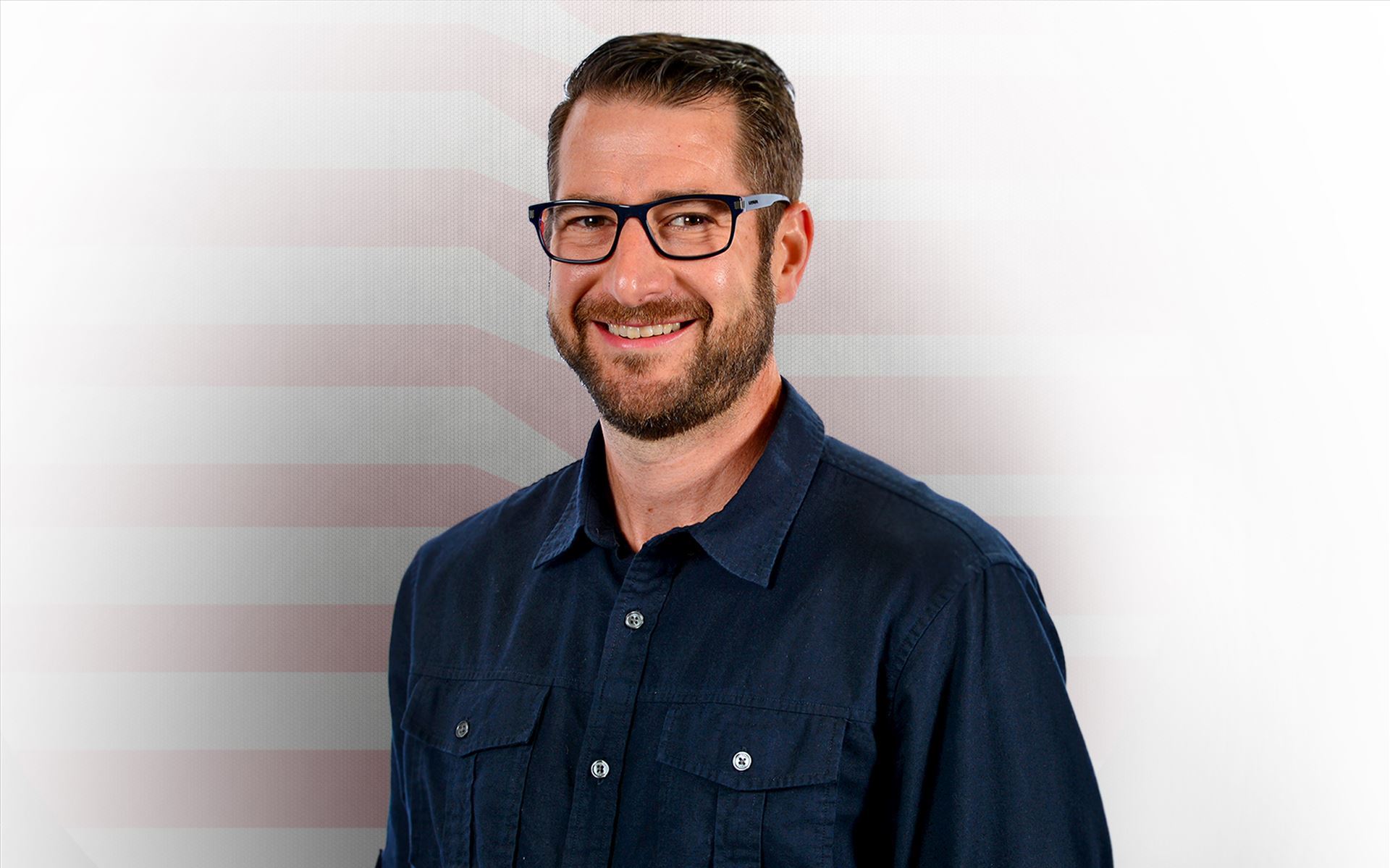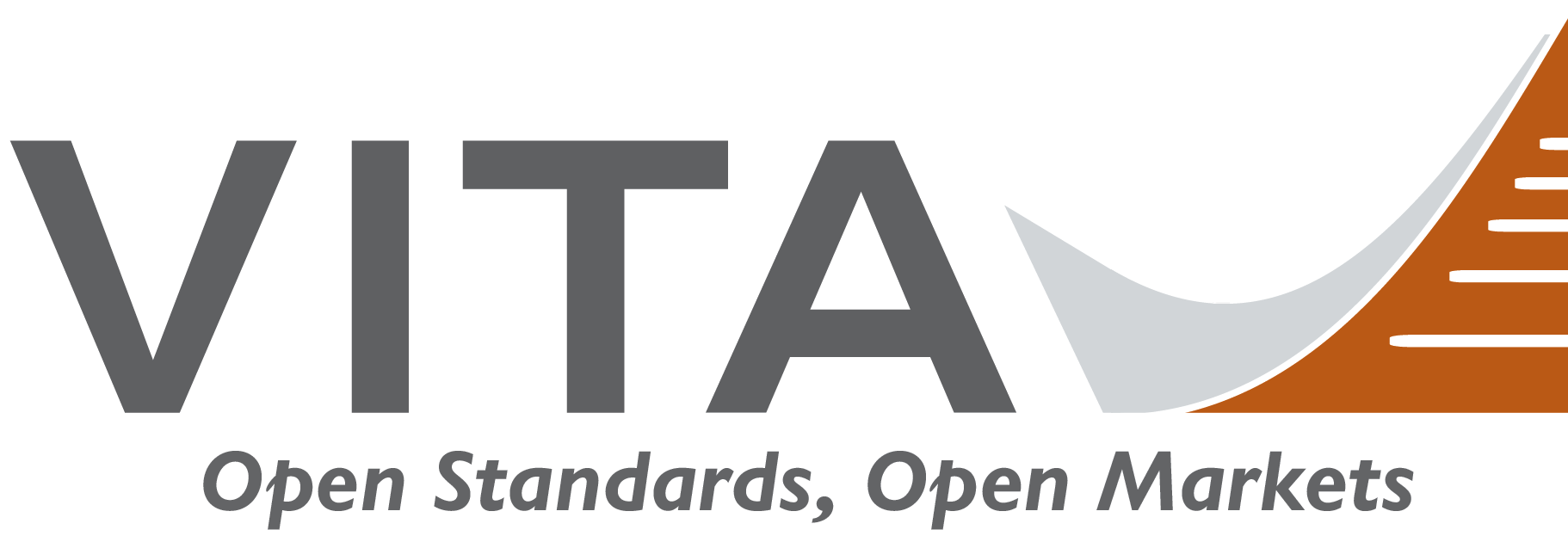Jason Barr, General Manager, Trenton Systems

Jason Barr is Trenton Systems’ general manager, a role that he assumed in January 2020. He develops people and processes to help Trenton continually improve and better serve its customers. Before becoming general manager, Barr served as Trenton’s director of operations, overseeing planning, procurement, inbound logistics, outbound logistics, and warehousing. Before joining Team Trenton, he served as director of operations at IPA, a leading manufacturer of linen and specialty uniform distribution solutions. He also worked as a senior supply chain engineer at Essendant for nearly six years. He received his Bachelor of Science degree in mechanical engineering from Tennessee Technological University, his Master of Business Administration (MBA) at Georgia College and State University, and his Master of Engineering, Industrial Engineering, at Clemson University.
WORK WITH VITA
1. Why do you think that open technology standards are important?
With the interoperability and streamlined development offered by open technology standards, customers don’t have to forego a superior product because they are locked in with an incumbent. This places ongoing pressure on technology suppliers to constantly improve and eliminates complacency from the market, ultimately benefiting customers and promoting technological advancement.
2. Why do you think it’s important for companies to get involved with VITA?
We provide technologies that are critical to lives, livelihoods, and personal and national security. Involvement with VITA helps ensure that interoperability, security and reliability are inherent in the products we develop, thus enhancing our ability to provide trusted products that meet the needs of our clients. High-performance edge computing solutions feature distinct development requirements and challenges spanning hardware, software, connectivity, platform integration and security. Our continued involvement with VITA enables us to form well-rounded partnerships that include key software and technology providers.
WHY ENGINEERING?
1. Did you always want to be an engineer? If so, why? If not, how’d you wind up here?
I’ve always been an engineer. I started building models when I was five years old and loved to take things apart to see how they worked. I could usually put anything I took apart back together; however, there was a day in early 1980s when I took apart my dad’s Nikon F3 camera and was unable to reassemble it. That was a bad day.
2. What has surprised you the most about the work you do with embedded computing? (or engineering in general)
Now that I’m about 25 years into my career, I’m surprised by how much I continue to learn on a weekly basis.
3. What is one of the biggest issues currently facing engineers?
One of the greatest challenges that engineers face is thinking holistically. We can dive deep into a technical problem and become myopic as we focus all our attention on that problem. It’s important to take a step back and look at opportunities with a broader scope.
4. What advice would you give to someone looking into this field of engineering?
Seek out opportunities to co-op or work as an intern early in your education. I worked at a research and development lab early in my collegiate career, and it was a great experience. I got hands-on experience with test equipment and test methods. When I later took classes on these subjects, they were no longer abstract concepts. It was remarkable how much other students who had never had real-world experience struggled with those same concepts.
Off the cuff: What’s something interesting you do outside of work?
I am an avid runner. Running helps me relieve stress and think more clearly. It doesn’t matter how challenging the day has been. The endorphins after a long run really give me a positive mindset.
